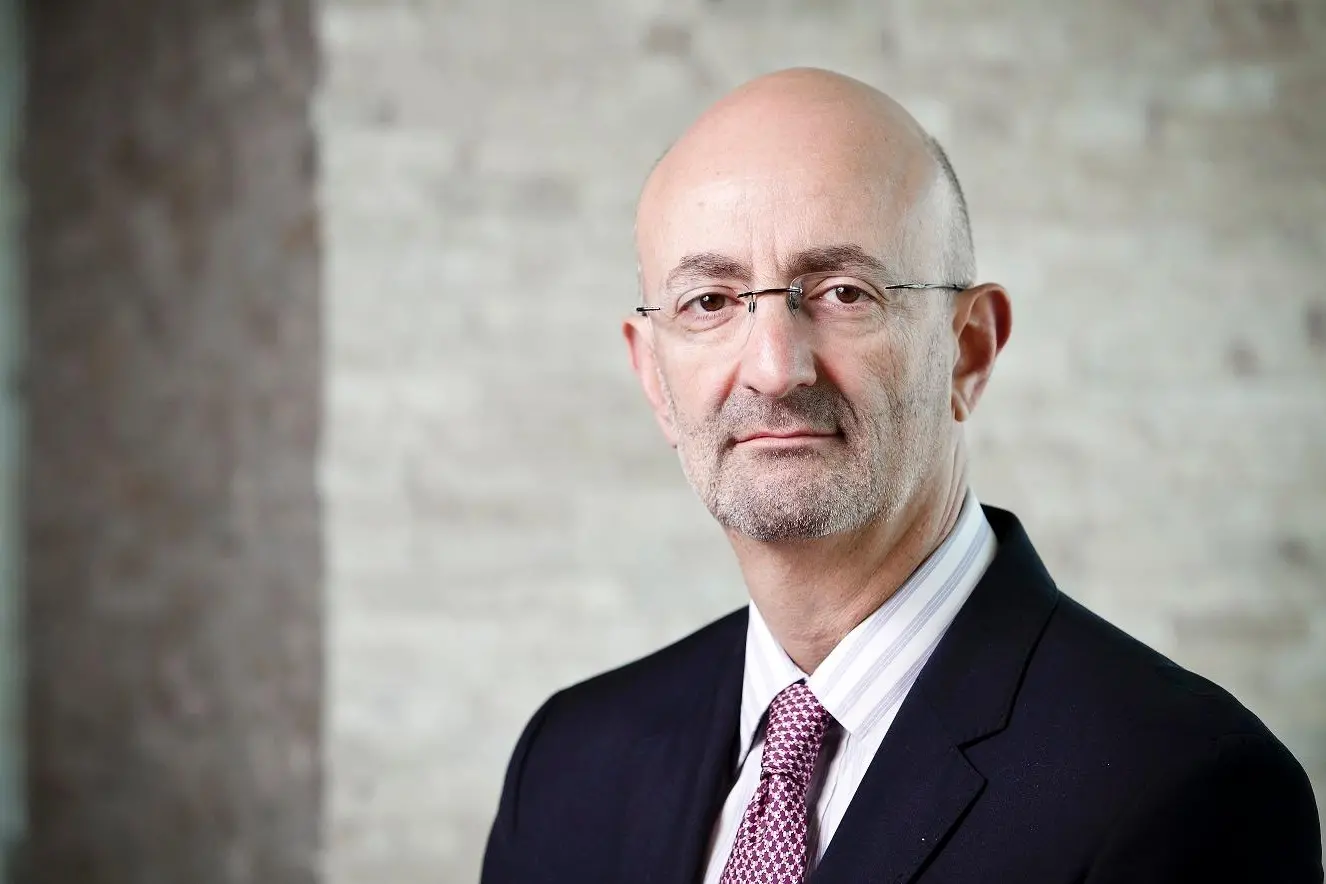PHOTO
Wealthy individuals in the Gulf are keeping more of their money close to home, and either spending it on their own business and real estate, or are keeping it in cash, according to a new report.
Emirates Investment Bank's 2018 GCC Wealth Insight Report found that 79 percent of high net worth individuals (HNWIs) surveyed said that they preferred to keep their assets close to home (compared to 72 percent in 2017), while 21 percent (down from 28 percent in 2017) considered themselves to be global investors.
It found that 69 percent were optimistic about the prospects for the region's economy over the next five years, with 14 percent citing higher oil prices and 11 percent highlighting forthcoming events such as Expo 2020 and Qatar's 2022 FIFA World Cup as justification.
However, the mood of optimism over economic prospects for the next 12 months was much more muted and varied significantly between countries. In total, 31 percent of respondents expect the regional economy to grow this year, but 29 percent believe it will stay flat and 41 percent expect conditions to worsen.
On an individual country basis, Qataris were the most optimistic, with 58 percent anticipating growth over the next 12 months, followed by Emiratis (57 percent), Omanis (42 percent), Bahrainis (42 percent) and Saudis (29 percent). None of the Kuwaitis surveyed expected their economy to grow this year - 46 percent expect it to remain flat and 54 percent believe it will worsen.
Some 55 percent of respondents said that regional geopolitics had also impacted on investment decisions - 85 percent of Kuwaitis, 83 percent of Qataris and 75 percent of Emiratis said investment decisions had been changed as a result of the geopolitical situation in the Arab world. Of these, 21 percent said they had focused on global investments, and 19 percent said that they had hesitated when considering new investments.
The study was conducted by Ipsos, who sureyed 108 HNWIs - defined as people with $2 million or more of investable assets. Emirates Investment Bank's chief executive, Khaled Sifri, told journalists at the report's launch on Tuesday that the survey's sample size was not small given that the target audience was "just a couple of hundred thousand people".
Crypto critics
In terms of future wealth allocation, 49 percent said they plan to increase investment in their own business, 48 percent said they would increase the amount held in deposits or in cash, and 47 percent said they expect to invest in real estate. Only one-third planned to buy gold or precious metals, 17 percent intend to invest in private equity, 15 percent in bonds, 13 percent in stocks and 11 percent in bitcoin or other cryptocurrencies.
"We are, as an institution, concerned about cryptocurrencies," Sifri said. "We don't perceive them as an asset class that should be pursued on their own.”
He added that "investing in your own business may be perceived by some as something that is less risk, because they control it, they understand it, but in reality, in the pure sense, that's a high-risk proposition because it is illiquid".
Sifri said that real estate remained popular in the region because people understand it and it offers good returns, but, coupled with investments in a business, this can lead to liquidity constraints.
In terms of the appeal of the United Arab Emirates as a destination for investment, Nadi Barghouti, the bank's head of asset management, said that although the Saudi market may now be attracting much more capital, "I think investing in UAE assets continues to be much more attractive in terms of valuation and in terms of ease of doing business. Saudi is still at the early stage of opening their doors."
In capital markets, for instance, Barghouti said that the UAE may have lost some liquidity to Saudi Arabia, but that valuations in the former are much more competitive.
"Dubai is currently trading at a forward P/E (price-to-earnings ratio) of eight, for example, compared to 15 for Saudi. Generally, the dividend yields in the UAE are much more attractive than Saudi."
Barghouti added: "Saudi is catching up, there is no doubt about that, but I don't think it has to be mutually exclusive. It doesn't have to be Saudi or the UAE. I think the two complement each other in terms of economic integration."
An analyst's note published by the National Bank of Kuwait on Tuesday stated that Dubai's financial market was the worst performer among the region’s seven stock markets in the first quarter of 2018. The DFM index dropped 7.8 percent during the period, which NBK's note said this was the result of a "soft economic backdrop and weak domestic real estate market".
Saudi Arabia's upgrade to emerging market status by FTSE Russell, on the other hand, whetted the appetite of foreign investors, meaning that the Tadawul All Share Index was the top region’s performer, increasing in value by 8.9 percent quarter-on-quarter.
(Reporting by Michael Fahy; Editing by Shane McGinley)
Our Standards: The Thomson Reuters Trust Principles
Disclaimer: This article is provided for informational purposes only. The content does not provide tax, legal or investment advice or opinion regarding the suitability, value or profitability of any particular security, portfolio or investment strategy. Read our full disclaimer policy here.
© ZAWYA 2018




















